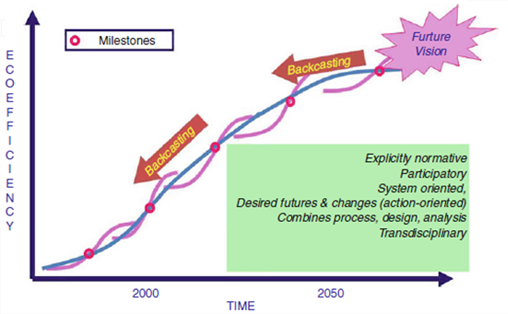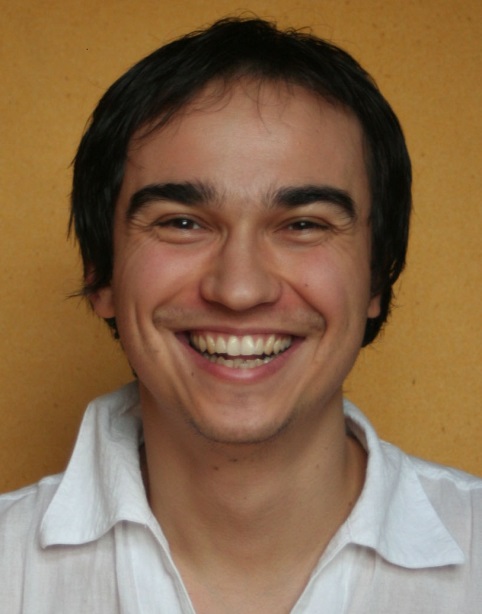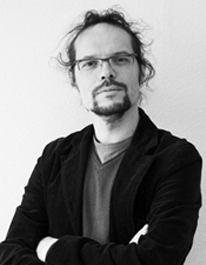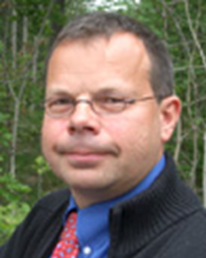June 17th 2014 at the ECCI, Edinburgh
A Backcasting Summit: Building a Better Vision for our Energy Future
- Germany 2050 – 100% Renewables
- Sweden and Scotland 2030 compared: Heat Pumps / Electric Vehicles and Micro-grids
- Scotland 2030 – 100% Renewable: 3 Visions – UK / Going It Alone / Autarky


Introduction
Join ICARB for an Energy Backcasting Summit – a follow-up to the Scotland 100% renewables by 2030 event on the 12th of March 2014 that brought together 120 key stakeholders with a wide range of very different view-points on socially, environmentally and economically efficient ways forward for Scotland’s low carbon energy future. The full presentations and draft report on the Views and Visions developed then are on https://icarb.org/2014/06/04/100-renewables-in-scotland-by-2030-presentations/
In 2009 Scotland pledged to reduce 2050 carbon emissions by at least 80% from 1990 levels by
- De-carbonising electricity generation sector by 2030 [1]
- De-carbonising the heat sector by 2050 with significant progress by 2030
But can we actually achieve these ambitious targets? If so How? What Steps need to be taken?
Who will take them? How does out progress compare to a wider European Backdrop of Visions and achievements? The afternoon Summit will start with:
1) Germany: 100% Renewable Energy by 2050 – an overview from Mark Nowarkowski of the influential German Government report on three similar Visions for 2050 with a) Europe-wide, b) German-centric and c) Autarkic Visions outlined[2].
2) Sweden has pledged to be ‘Oil Free’ by 2030 [3] and Per Lundqvist will present the results of a recent study by his student at KTH in Stockholm comparing the potentials for Sweden and Scotland in the energy sector for emerging markets in a) Electric Cars, b) Heat Pumps and c) Micro-grids.
Then go onto further develop our own Scottish Energy Visions:
3) Scotland: 100% Renewable Energy by 2030 – Jaco Quist will lead the report-back on the our March 12th Backcasting Event for three Alternative Visions for Scotland: a) Better Together – a UK wide approach, b) Scotland – Going it Alone and c) Autarkic Energy solutions – a Locally self-sufficient Scotland.

Figure 1: (a) Backcasting: key concept and characteristics & (b) methodological framework with steps, types of methods & demands.
Final Programme for the Scotland 100% Renewable by 2030 Backcasting Summit
13.00 Arrival and Registration
13.30 Event Opening & Purpose, Susan Roaf of ICARB
13.40 Germany: 100% Renewable by 2050 – Mark Nowarkowski
14.35 Sweden and Scotland 2030 Energy Visions compared – Electric Vehicles / Heat Pumps and Micro-grids by Per Lundqvist
15.30 Tea
15.50 Scotland: 100% renewable by 2030 Introduction Jaco Quist – 3 Visions Pathway Report: with an introduction to the following workshops.
16.30 Scotland 2030 – Who needs to Act Workshops for a) UK-wide, b) Scotland-centric and c) Autarky.
17.30 Feed Back Session from the 3 Visions with ideas for action planning
18.00 Networking Reception
18.30 – End
About Mark Nowarkowski

Mark Nowakowski works as scientific staff in the section for energy strategies and scenarios at the German Federal Environment Agency (Umweltbundesamt, UBA) since 2010. He holds a degree in energy and process engineering from the Technical University of Berlin and is currently doing his PhD at the Free University of Berlin. At UBA, he has been in charge of several scenario studies analysing different paths towards an electricity system for Germany based entirely on renewable energy sources by 2050. In his current projects he looks further in the direction of a sustainable supply for all energy sectors (i.e. power, heat, and transport) on the way to a greenhouse gas neutral society.
About Jaco Quist

Jaco Quist is an assistant professor with the Energy & Industry Section at the Technology, Policy & Management Faculty of Delft University of Technology. He has completed a dissertation on participatory backcasting that was published by Eburon Publishers in 2007 as Backcasting for a sustainable future: the impact after 10 years (see www.eburon.nl or repository.tudelft.nl). His current research interests and activities include backcasting, foresight, (system) innovations towards sustainability, stakeholder engagement in responsible and sustainable innovation and technology assessment. In one of his current projects he is exploring ‘Supportive environments for sustainable living’, using transition management, backcasting, end-user practices and individual behaviour studies See: https://www.incontext-fp7.eu/He is also involved in the project ‘The next 50 years: developing robust strategies for the gas transition in the Netherlands’.
References: Quist J, Thissen W, Vergragt P (2011) The impact and spin-off of participatory backcasting after 10 years: from Vision to Niche, Technological Forecasting and Social Change 78(5): 883-897.
About Per Lundqvist

Per Lundqvist earned his Ph.D. in 1993 from KTH. In 2007, he was promoted to full professor at KTH, where he serves as co-Head of the Division of Applied Thermodynamics and Refrigeration. Since 1999 he is the director of undergraduate and master’s studies in the School of Industrial Engineering and Management and School for Energy and Environmental Technology. Prof. Lundqvist is a co-author of the IPCSS report on the influence of refrigerants on the global climate and has served as President of Commission E2 in the International Institute of Refrigeration, whose focus is research, education, and international collaboration on climate issues related to refrigeration and heat pump technology. He has been working with the Swedish Government on their future energy scenarios.
More information
To download these please right-click and select “Save target/ link as…”
Backcasting – Suggested Further Background Reading
View document
An exploration of backcasting and related approaches
View document
Backcasting and Scenarios for Sustainable Technology Development, Jaco Quist
View document
Backcasting Case Study: The Kiev ERAIHM Spring School Project, Jaco Quist & Olga Kordas
View document
